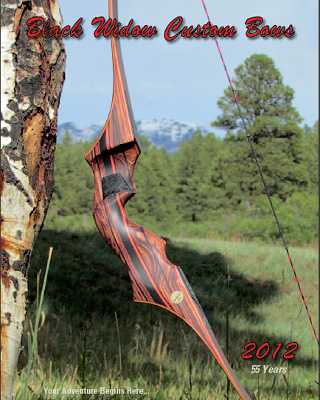 |
   |
 |


- Welcome to Trad Gang.
Another stupid idea, maybe?
Started by Don Armstrong, October 06, 2008, 12:55:00 AM
Previous topic - Next topic0 Members and 1 Guest are viewing this topic.
User actions
Copyright 2003 thru 2025 ~ Trad Gang.com © |
